of letting go and happy accidents
Posted by Daniela Elza on Jul 18 2010
Enjoyed Lorri Neilsen Glenn’s poem and interview on Speaking of Poems. Here is a taste:
“In my relatively short life as a poet – I started at age 50 – I’ve learned to let the poetry come first and the analysis later. Believe me: as an ethnographer well-schooled in discursive and analytical thought, it’s a delight to let go and fall into composing in that way.”
and
“this poem, like most, began with an image or a germ of curiosity or a shadow or a twinge of discomfort. And when I begin a draft I am often somewhere ‘out there,’ in a flow state, a meditative otherworld– where words and images come and I simply have to ride them out, struggle inside the emerging language, nudge it, abandon it, nurse it along, turn my back on it or look at it sideways, keep it going, carry it with me when I refill my coffee cup or check for mail at the door, return to it, and allow it to run its course for the hour or two or three I have in a day to write. It’s not calculated, this process. During all this time, all the resources I have are standing by, grinding their gears or elbowing me as necessary.
The process Lorri describes is hard to put into words, but well worth the effort. I am so glad she attempts to, and with good measure of authenticity, humility, heart, and courage. Which we need more of in the world today.
This space where world and word meet is indeed messy. And it is hard to get ourselves out of the way enough to tease out something that would surprise, invite what wants to come through without imposing too much on it.
‘Cos impose we do.
There is something utterly delicious to let go and learn from what you did not put there. Or nurture a new expression into existence. Or set our expectations aside enough to see what is being offered. Which takes us right back to that moment of first translation from world to word (as Bringhurst calls it), of receiving the poem in the first place.
Looking forward to reading Lorri’s Lost Gospels book.
And while you are there there are more interviews, with further insights, like:
“This sort of happy accident is what I love about poetry, as poet and reader, especially as a reader of my own poems years later. They can still surprise me!”
says John Pass, in Words Made Flesh.
Or perhaps you might be itchy to get into a discussion about literary criticism. The role of the critic?
Yes, poke around, stay a while, enjoy.
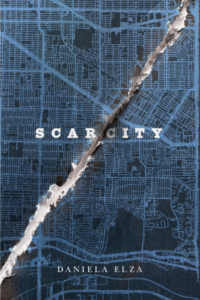
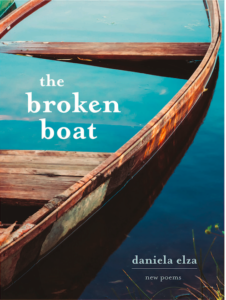
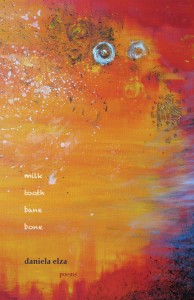

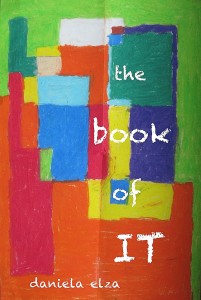
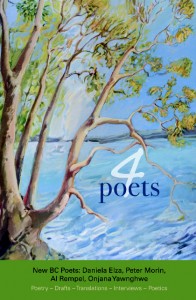
July 18th, 2010 at 9:32 pm
Just love this quote that you included at the top of your post:
“…I’ve learned to let the poetry come first and the analysis later. Believe me: as an ethnographer well-schooled in discursive and analytical thought, it’s a delight to let go and fall into composing in that way.â€
Coming from an academic background, and years of analytical training and thinking, it’s so freeing to let go of it when engaged in purely creative work, to see what comes to me. Then, of course, it’s always fun to step back from the product itself once complete, and to turn the analytical brain on it — in attempts to made sense of what I’ve just done:-)
July 20th, 2010 at 9:24 am
Yes, Karyn,
The process we fall into in those initial moments of creation I believe also creates a state of rest and well-being. It is a state that I welcome and am grateful for.It is like going away and coming back. It is almost like we allow ourselves to connect to larger processes, forces, ecologies, that due to too much dwelling in the rational we can easily shut out.
Then, when we turn the analytical brain on it we might have something to learn. Some thing fresh and new, worth analysing. :-)
Thanks for your thoughts.